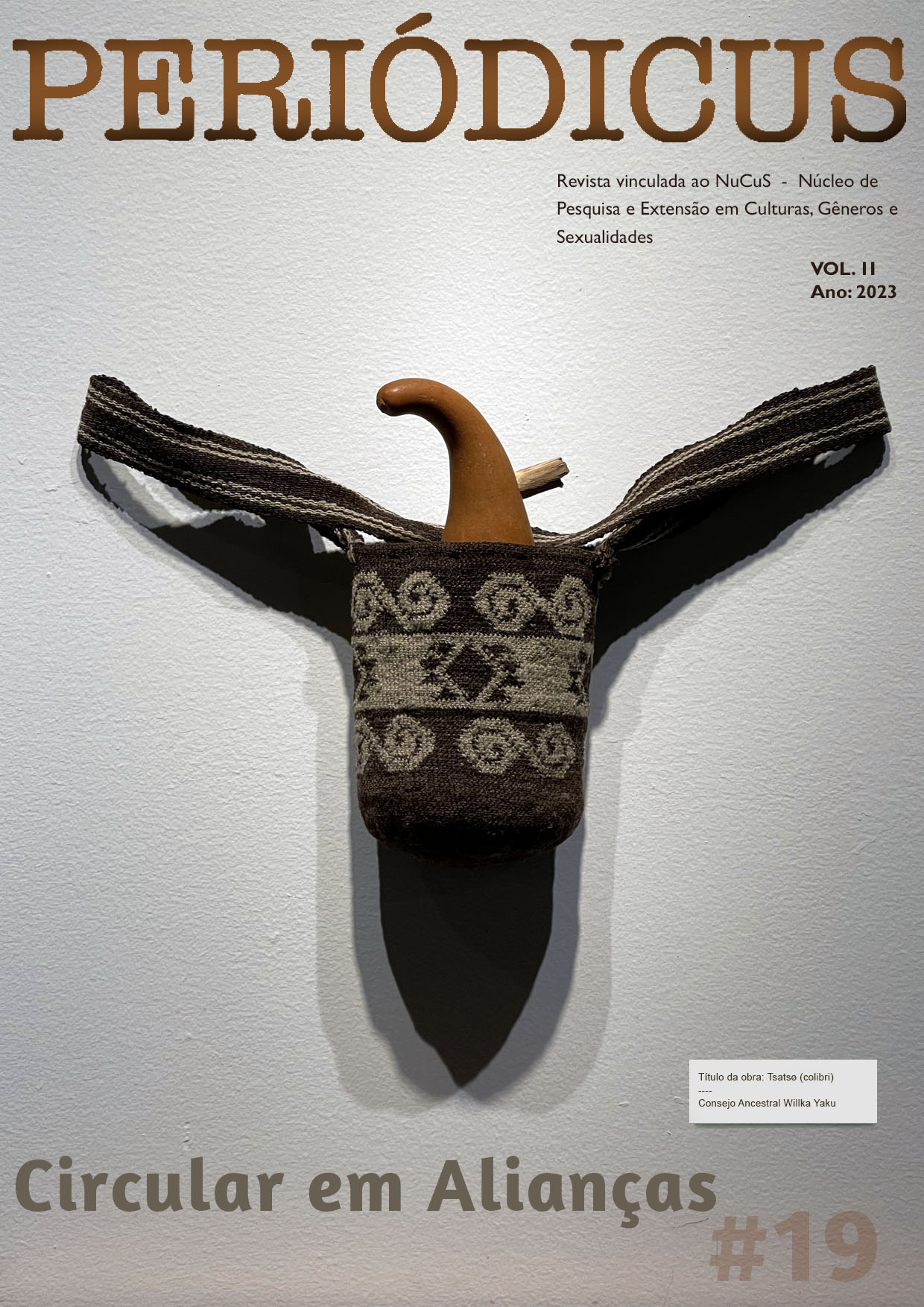“I cannot be by half”
minority groups and the sense of belonging to organizations
DOI:
https://doi.org/10.9771/peri.v2i19.49627Abstract
This article aims to articulate the contribution of the full experience of differences, in their intersections, with the promotion of a sense of belonging to organizations and the integrality of existences. The research is based on references that bring together the concepts of belonging, fullness and integrality with the categories of differences and diversities. The development is guided by the cartographic method, having carried out semi-structured interviews with people belonging to a minority group and who are active in an organization. The results show that, as much as there are actions for the inclusion of diversity in organizations, people do not feel that they belong to spaces, given the fact that they are not perceived in their intersectionalities. Another evidenced fact is linked to the phenomenon of “over-inclusion”, a universalist practice that seeks to affirm that all people are equal, generating an erasure of differences.
Downloads
Downloads
Published
How to Cite
Issue
Section
License
Copyright (c) 2023 William Roslindo Paranhos

This work is licensed under a Creative Commons Attribution-NonCommercial 4.0 International License.
Authors who publish in this journal agree to the following terms:
Authors retain copyright and grant the journal the right of first publication, with the work simultaneously licensed under a Creative Commons Attribution Noncommercial License that allows the work to be shared with acknowledgment of authorship and initial publication in this journal, but prohibits commercial use.
Authors are authorized to enter into separate additional contracts for non-exclusive distribution of the version of the work published in this journal (e.g., publishing in an institutional repository or as a book chapter), with acknowledgment of authorship and initial publication in this journal.
Authors are permitted and encouraged to publish and distribute their work online (e.g., in institutional repositories or on their personal website) at any point before or during the editorial process, as this can generate productive changes and increase the impact and citation of the published work (see The Effect of Open Access).








